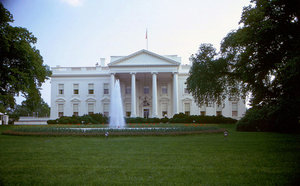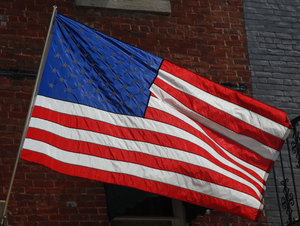Medical Marijuana in Los Angeles Not Cool Enough for Teen Recreational Use
A common misconception is that medical marijuana in Los Angeles and elsewhere is used by undeserving individuals and leads to drug abuse. The truth is that medical marijuana is a much-needed treatment for roughly one million patients in the state. Despite what opponents of the drug say, the legalization of medical marijuana does not influence teenagers to smoke more of the drug. A couple of recent studies compared the use of marijuana among teens in both Massachusetts and Rhode Island after the Rhode Island legalized the drug, according to TIME. Medical marijuana was legalized in Rhode Island back in 2006. During this time, Massachusetts opted not to. These two states were compared because researchers saw that they had so many similarities, including population, geography, etc.

Our Riverside medical marijuana attorneys understand that the study collected data from 1997 to 2009 from the Centers for Disease Control (CDC) and the Youth Risk Behavior Survey. Nearly 15,000 young individuals from Rhode Island and nearly 30,000 in Massachusetts were surveyed. During each year, the study concluded that nearly 30 percent of youth admitted to using the drug at least once if the past 30 days. What that illustrates is that there was virtually no difference in the use of the drug in these individuals before and after the legalization of it.
Mitch Earleywine from State University of New York-Albany reached the same conclusion in the Marijuana Policy Project. He also discovered that between 1996 and 2004, the number of admitting users of pot among 9th graders actually declined by nearly 50 percent, which illustrated a little bigger decline than the national average.
These studies, said Earleywine, confirm his theory that the legalization of the drug does not increase drug use among state’s youth.
Yes, legalization increases access to the drug for some, but only a small portion of the population uses it for therapy. Typically, these users are people who teens would not be likely to mimic. Users are typically the older generations or those who are extremely ill.
Choo’s study findings were recently presented to the American Public Health Association’s at their yearly meeting held in Washington D.C. She says she’s going to look at these figures in even more states in the future.
Both studies are consistent with state, national and international data. Researchers have concluded that drug use among teens does not correlate with marijuana arrests or legalization.
Some researchers would even go as far as saying that the use of medical marijuana comes with an “uncool” connotation as teens associate the drug with “old” and “sick” people.
Regardless of who does or who doesn’t see the use of marijuana as cool, the truth of the matter is that medical marijuana is a vital treatment for many patients in the state. This is but another study that proves medical marijuana has no negative affect on the state’s population, more specifically the youth in California.
Continue reading
 Cannabis Law Group's Medical Marijuana Legal Blog
Cannabis Law Group's Medical Marijuana Legal Blog












